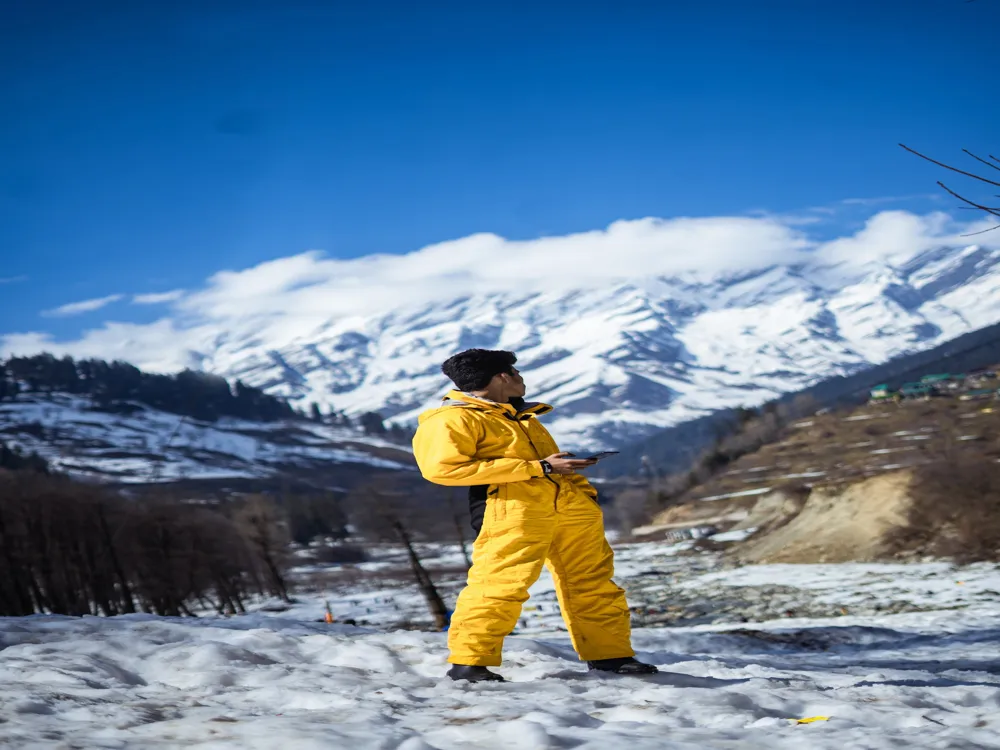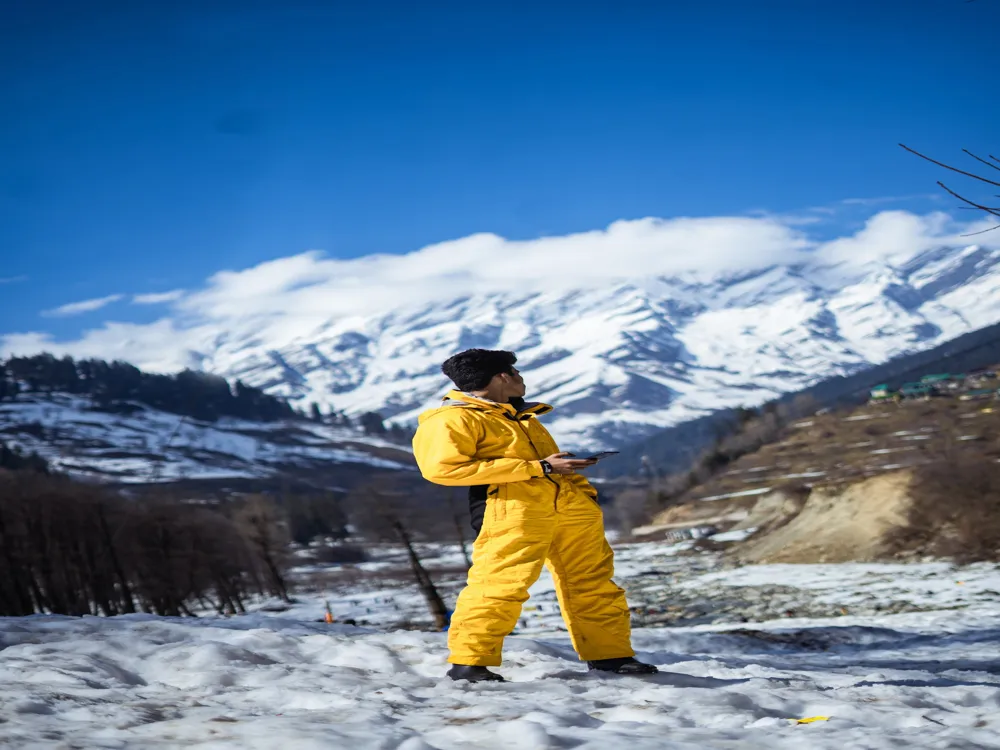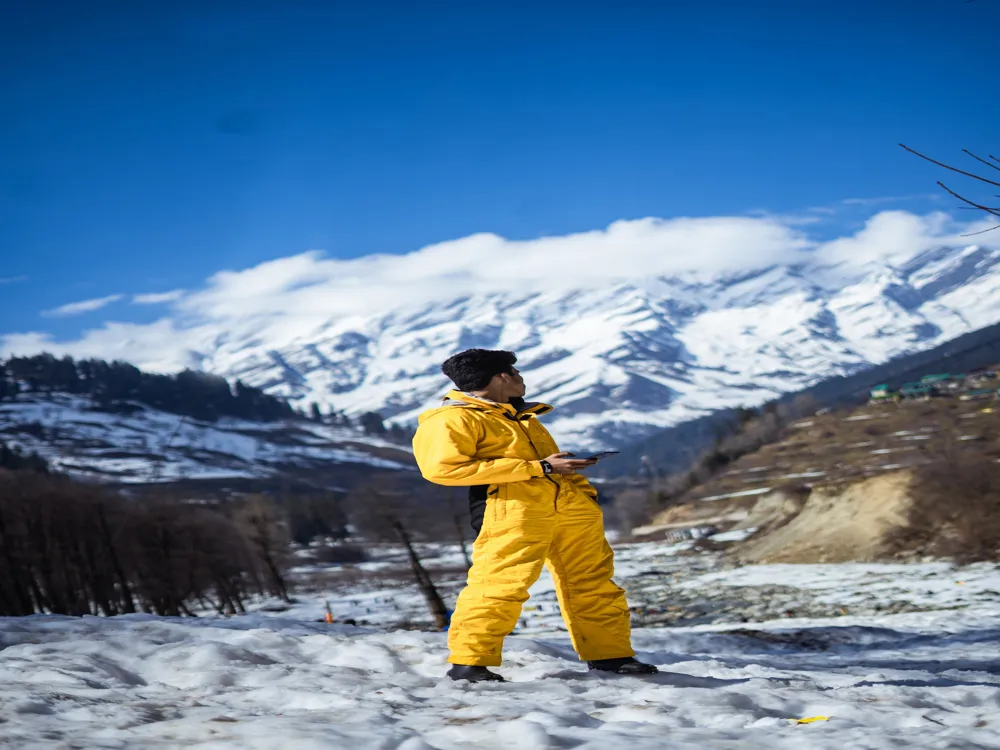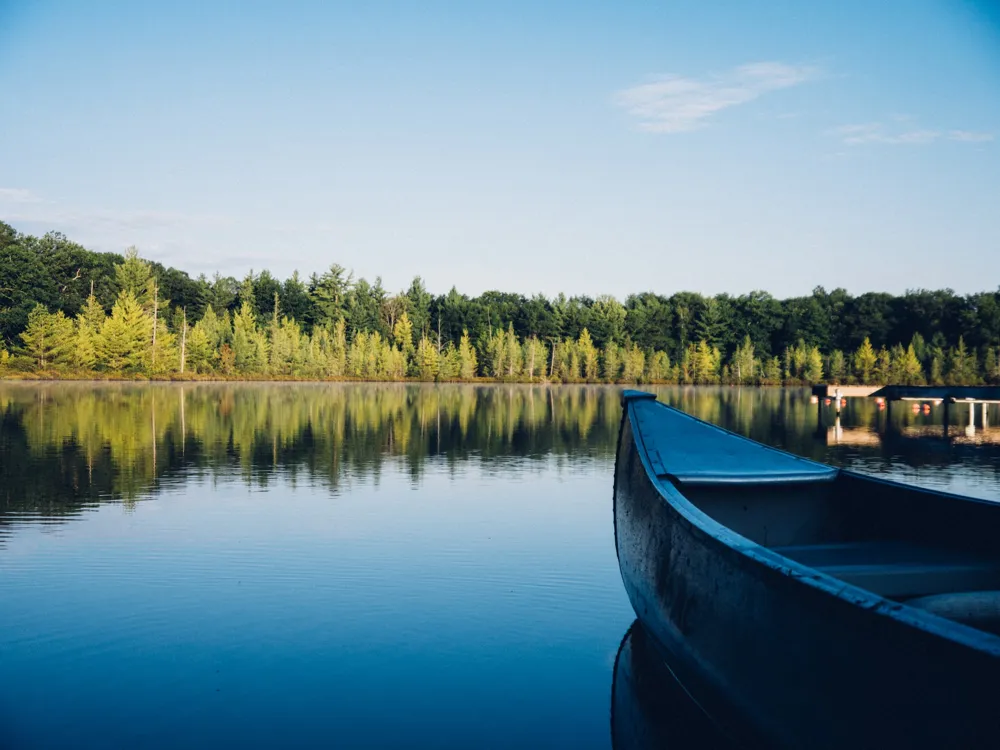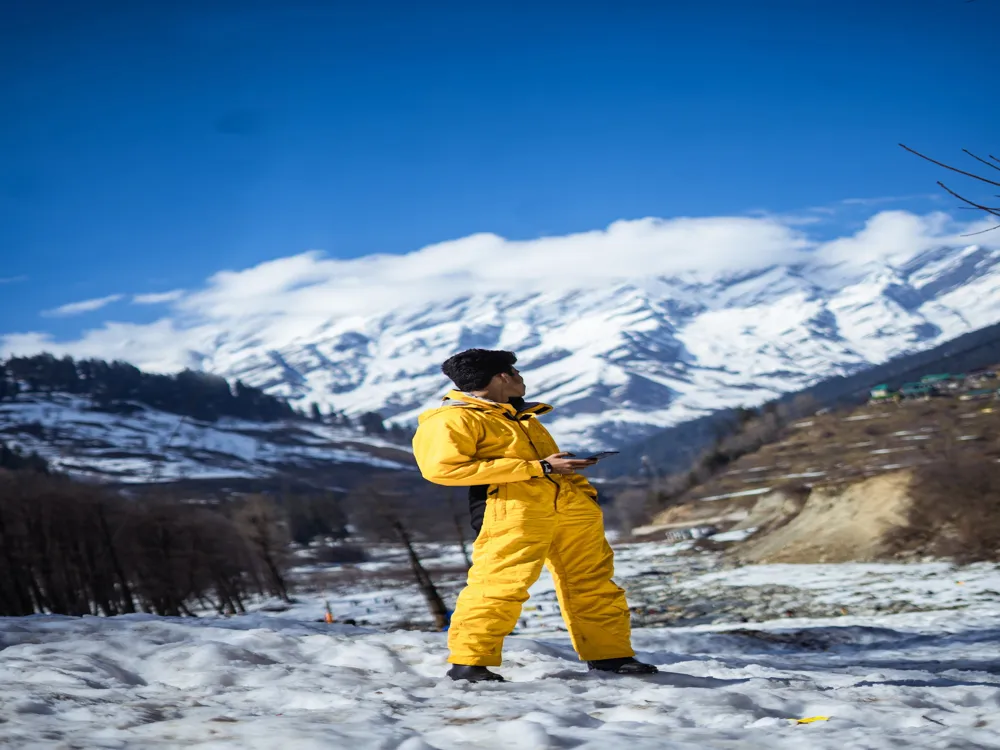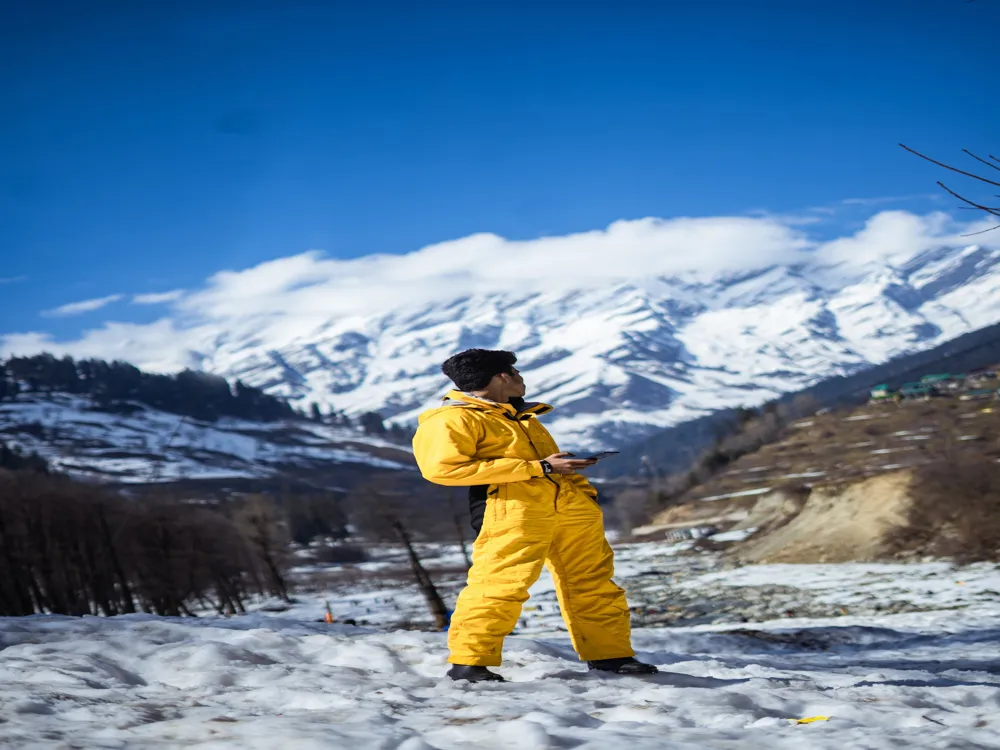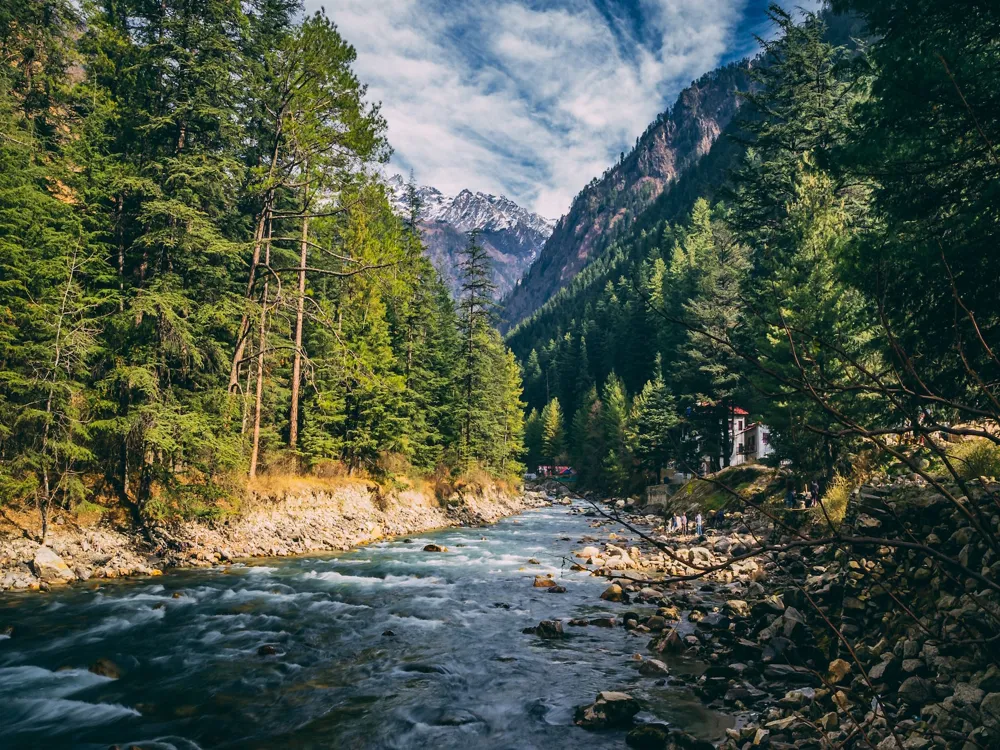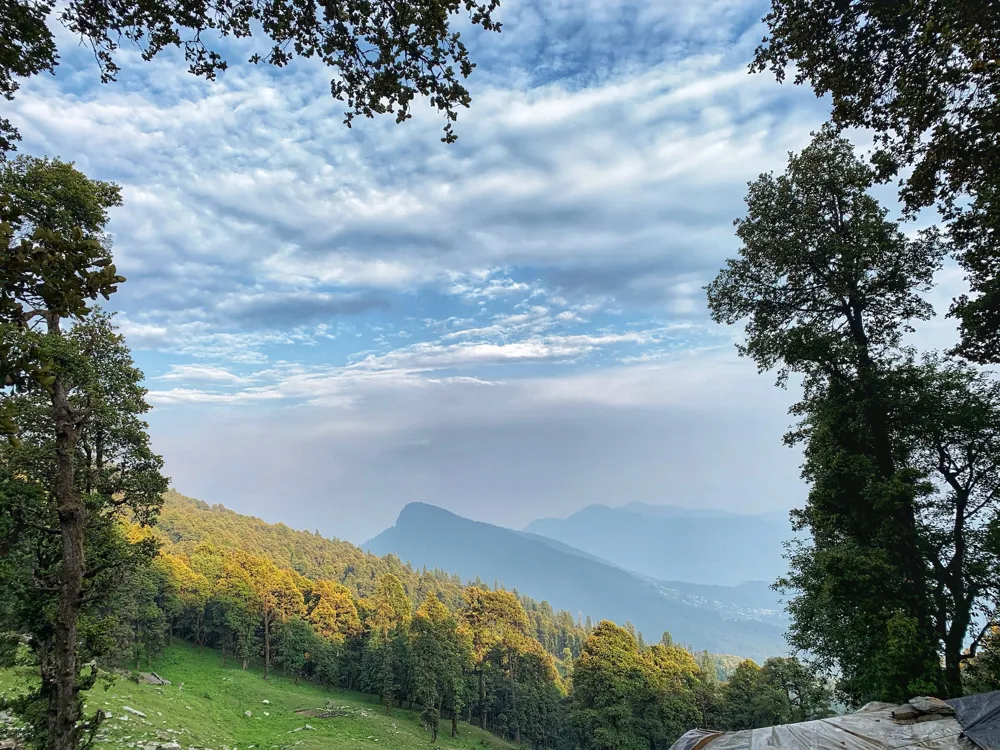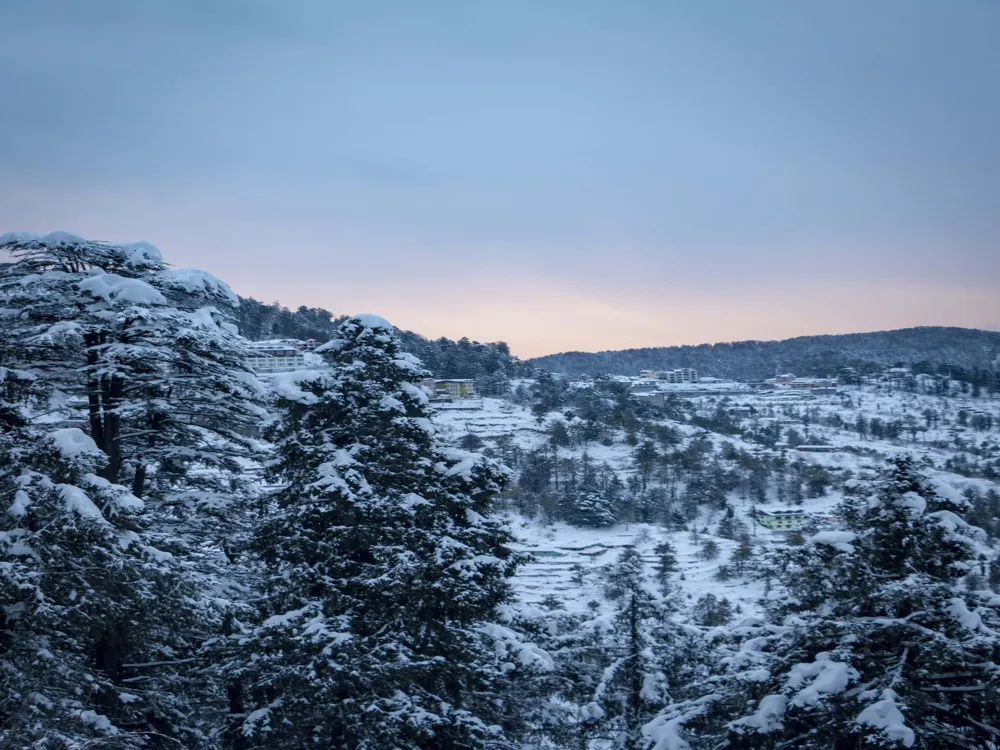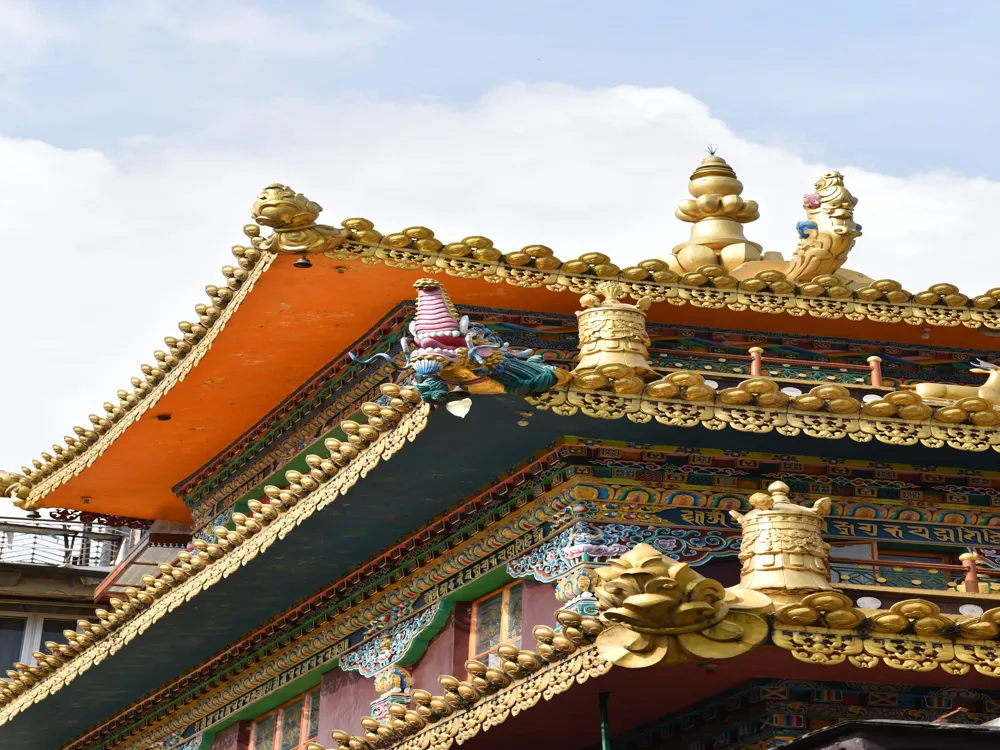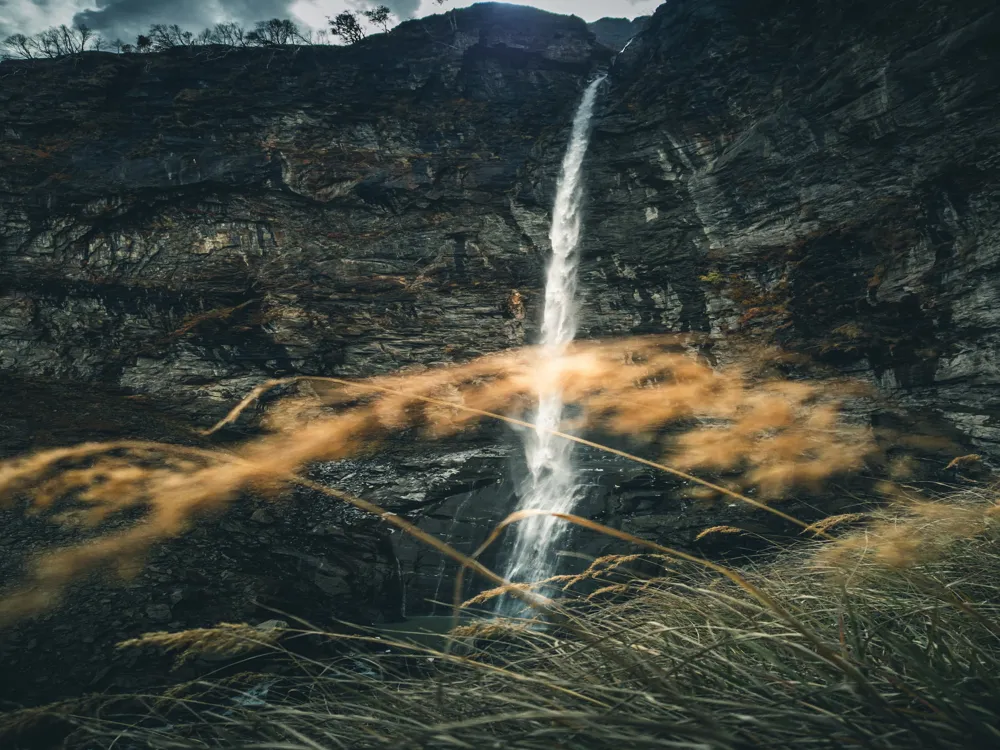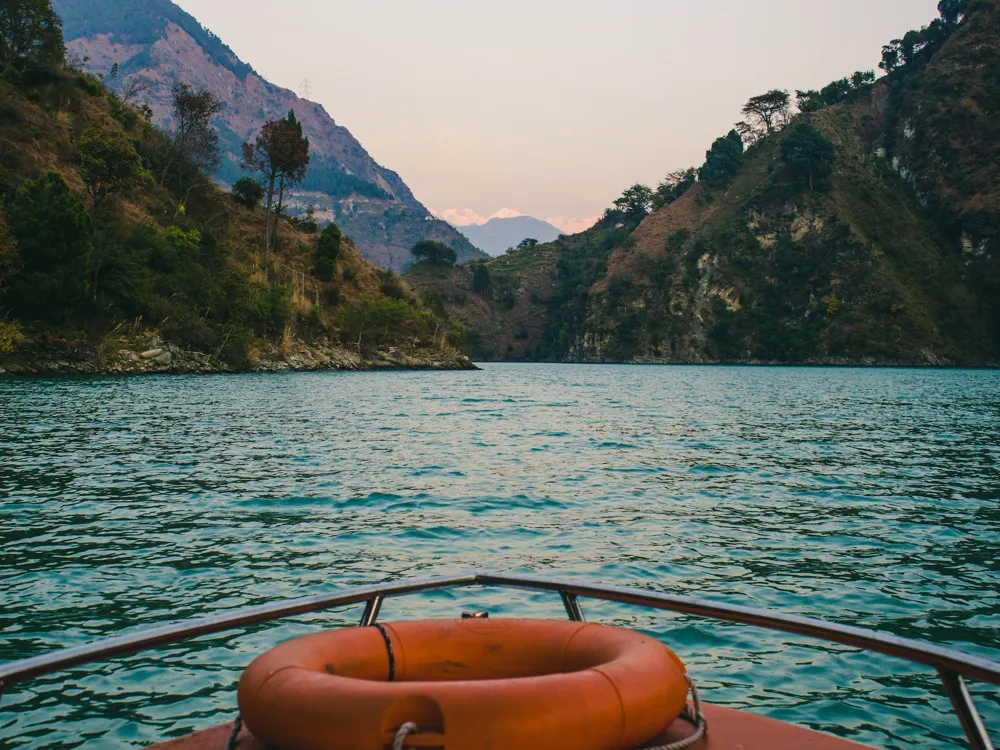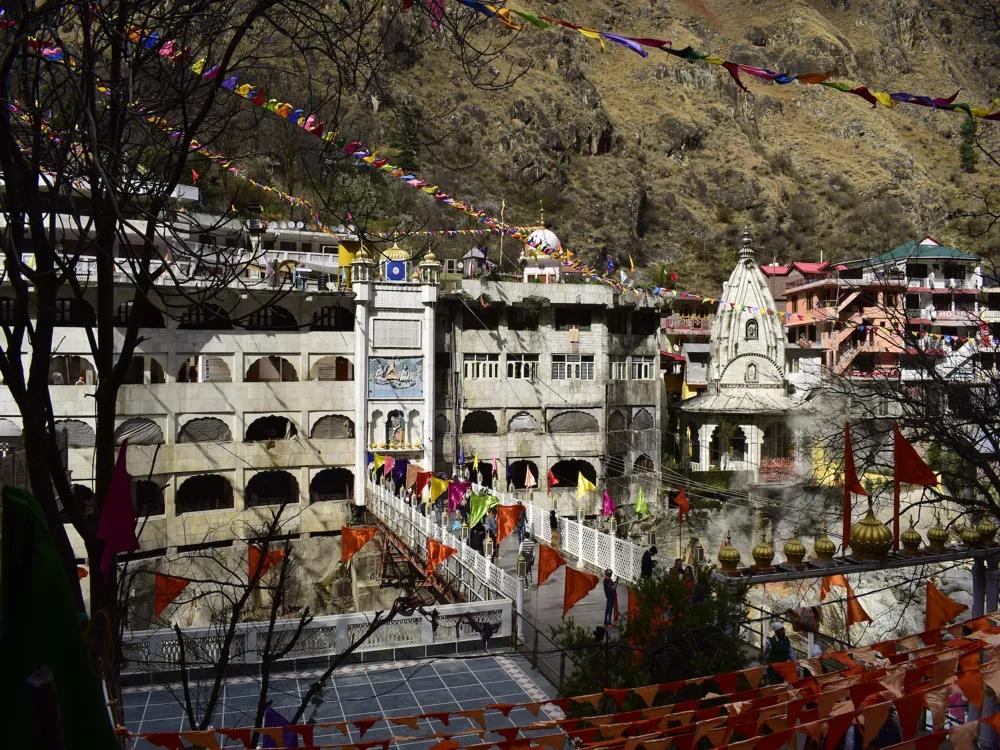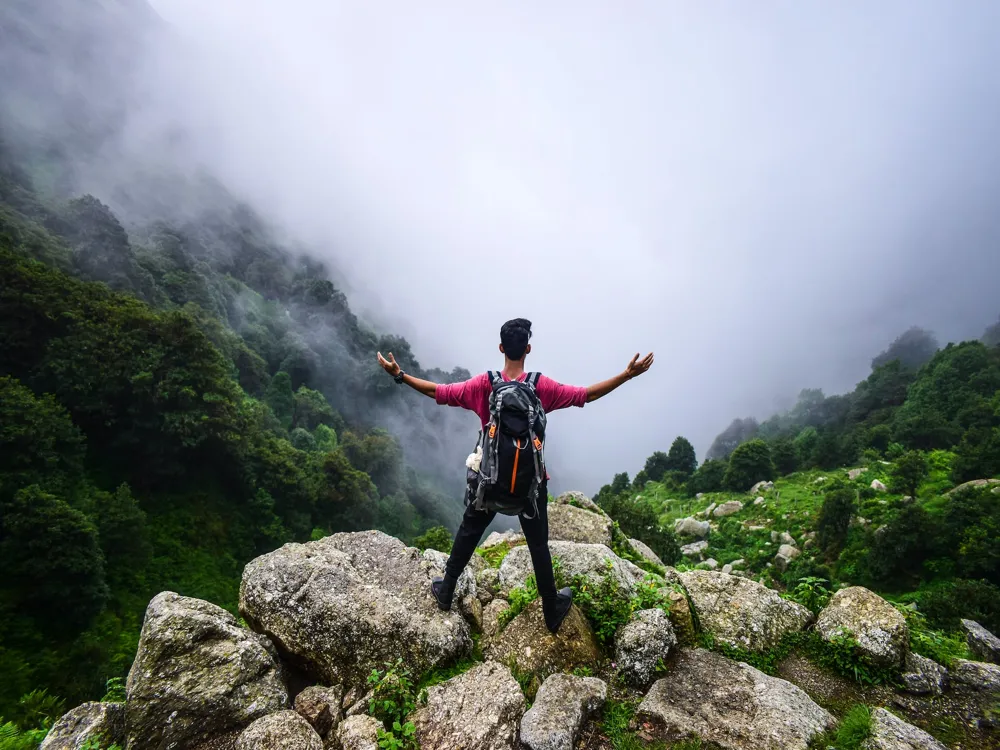The Hampta Pass Trek, nestled in the stunning landscapes of Manali in Himachal Pradesh, offers an unparalleled trekking experience. This journey unfolds through lush green valleys, dense forests, and wide meadows, leading to the magnificent Hampta Pass. Situated at an altitude of 14,100 feet, this trek is a perfect blend of moderate and challenging terrains, making it ideal for both novice and experienced trekkers. The trek begins from Manali, a popular hill station known for its picturesque beauty. As trekkers ascend, they witness diverse landscapes ranging from the verdant Kullu Valley to the arid, stark landscape of Lahaul and Spiti Valley. The route crosses streams, wooden bridges, and offers views of snow-clad peaks and open skies. The changing scenery is a feast for the eyes, with each day presenting a new facet of the Himalayas. The Hampta Pass trek typically spans over four to five days, covering a distance of approximately 26 kilometers. The journey involves camping in serene locations like Chika, Balu ka Ghera, and Shea Goru. These campsites are surrounded by majestic mountains and offer stunning night skies, perfect for stargazing. The trek reaches its zenith at the Hampta Pass, where trekkers are greeted with panoramic views of the Himalayas. Wildlife enthusiasts can revel in spotting various high altitude flora and fauna. The region is home to a diverse range of species including Himalayan Monal, Snow Leopard, and Blue Sheep. The trek also passes through quaint Himalayan villages, offering a glimpse into the local culture and lifestyle. The best time to embark on the Hampta Pass Trek is from June to October. During these months, the weather is favorable, with the post-monsoon period offering lush greenery and blooming flowers. The trek demands good physical fitness and acclimatization to high altitudes. It's an experience that combines adventure, natural beauty, and cultural immersion, making it a must-visit for every trekking enthusiast. The 'architecture' of the Hampta Pass Trek, in a broader sense, refers to its natural landscape and the way the trail is designed. This trek is a marvel of natural architecture, showcasing a striking contrast between the lush green valleys of Kullu and the stark, barren landscapes of Lahaul and Spiti. The trail is carved through diverse terrains, starting from the dense forests of pine and deodar in Manali. As trekkers ascend, the landscape transitions into alpine forests and then to the open, grassy meadows of Jwara and Balu ka Ghera. These meadows are natural architectural wonders, with a carpet of green and wildflowers during the summer months. The ascent to the Hampta Pass is a dramatic shift in the landscape. The greenery gives way to rocky terrains and steep climbs. The pass itself is a narrow corridor between towering mountain cliffs. This natural architecture is awe-inspiring, presenting a challenge to trekkers and a sense of accomplishment upon reaching the top. The descent from the pass unveils the arid, moonlike landscape of Lahaul and Spiti. This part of the trek is marked by its barren beauty, with a vast expanse of land devoid of vegetation, showcasing a different facet of the Himalayan topography. Along the trail, trekkers come across natural streams and rivers, crossing them via makeshift wooden bridges or stepping stones. These elements add to the rustic charm and challenge of the trek. The architecture of the trail is a testament to the power and beauty of nature, offering a diverse range of scenery and experiences. Engage in regular cardio exercises and altitude training. Mental preparation is key for the challenges ahead. Include warm clothing, a good quality backpack, trekking shoes, a sleeping bag, and a medical kit. Take time to acclimatize to the altitude, especially if you're not used to high altitudes. Drink plenty of water and consume a balanced diet to maintain energy levels. Be mindful of local traditions and customs, especially when interacting with villagers. Practice eco-friendly trekking. Carry back all non-biodegradable waste. A local guide can enhance the experience with insights into the region's culture and geography. Reaching the Hampta Pass Trek requires a journey to Manali, which is well-connected by road, rail, and air. The nearest airport is Bhuntar Airport, approximately 52 kilometers from Manali. Regular flights connect Bhuntar with major cities like Delhi and Chandigarh. For those preferring rail, the nearest railway station is Joginder Nagar Railway Station, about 166 kilometers from Manali. However, the more convenient option would be to travel to Chandigarh Railway Station and then take a bus or taxi to Manali. Manali is also accessible by road from major cities like Delhi, Chandigarh, and Shimla. State-run buses, as well as private coaches, offer regular service to Manali. Once in Manali, the Hampta Pass Trek starts from a place called Jobra, which is a short drive from Manali. Local taxis are readily available for this journey. Read moreOverview of Hampta Pass Trek in Manali, Himachal Pradesh
Architecture of Hampta Pass Trek
Tips When Visiting Hampta Pass Trek
Prepare Physically and Mentally
Carry Essential Gear
Acclimatize Properly
Stay Hydrated and Eat Well
Respect Local Customs
Leave No Trace
Hire a Local Guide
How To Reach Hampta Pass Trek
Manali Tourism
Best Time to Visit Manali
How to Reach Manali
Things To Do Manali
Hampta Pass Trek
Manali
Himachal Pradesh
₹ 5,000 onwards
View manali Packages
Weather :
Tags : Trekking & Hiking
Time Required : 5 days
Planning a Trip? Ask Your Question
Manali Travel Packages
View All Packages For Manali
Top Hotel Collections for Manali

Private Pool

Luxury Hotels

5-Star Hotels

Pet Friendly
Top Hotels Near Manali
Other Top Ranking Places In Manali
View All Places To Visit In manali
View manali Packages
Weather :
Tags : Trekking & Hiking
Time Required : 5 days
Planning a Trip? Ask Your Question
Manali Travel Packages
View All Packages For Manali
Top Hotel Collections for Manali

Private Pool

Luxury Hotels

5-Star Hotels

Pet Friendly







